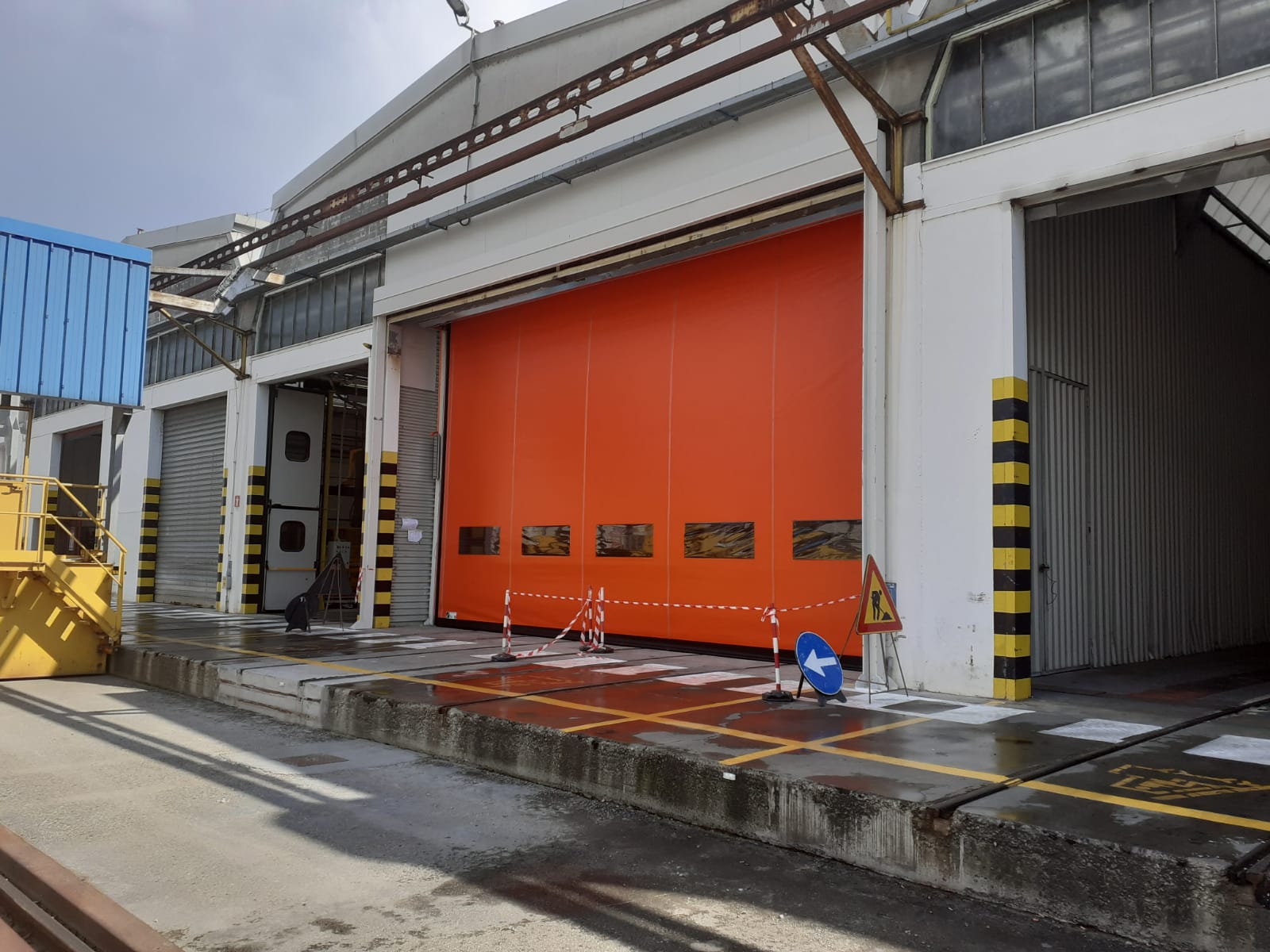
Hold Fast Industries: Experts in Cold Chain Compliance
In the heart of Brisbane and extending our services to QLD, NSW, and VIC, Hold Fast Industries prides itself on expertise in access way equipment, with a particular emphasis on the intricacies of cold chain compliance. Delving into this crucial sector, we outline the significance of cold chain management in ensuring food safety, regulatory adherence, and best practices in Australia.
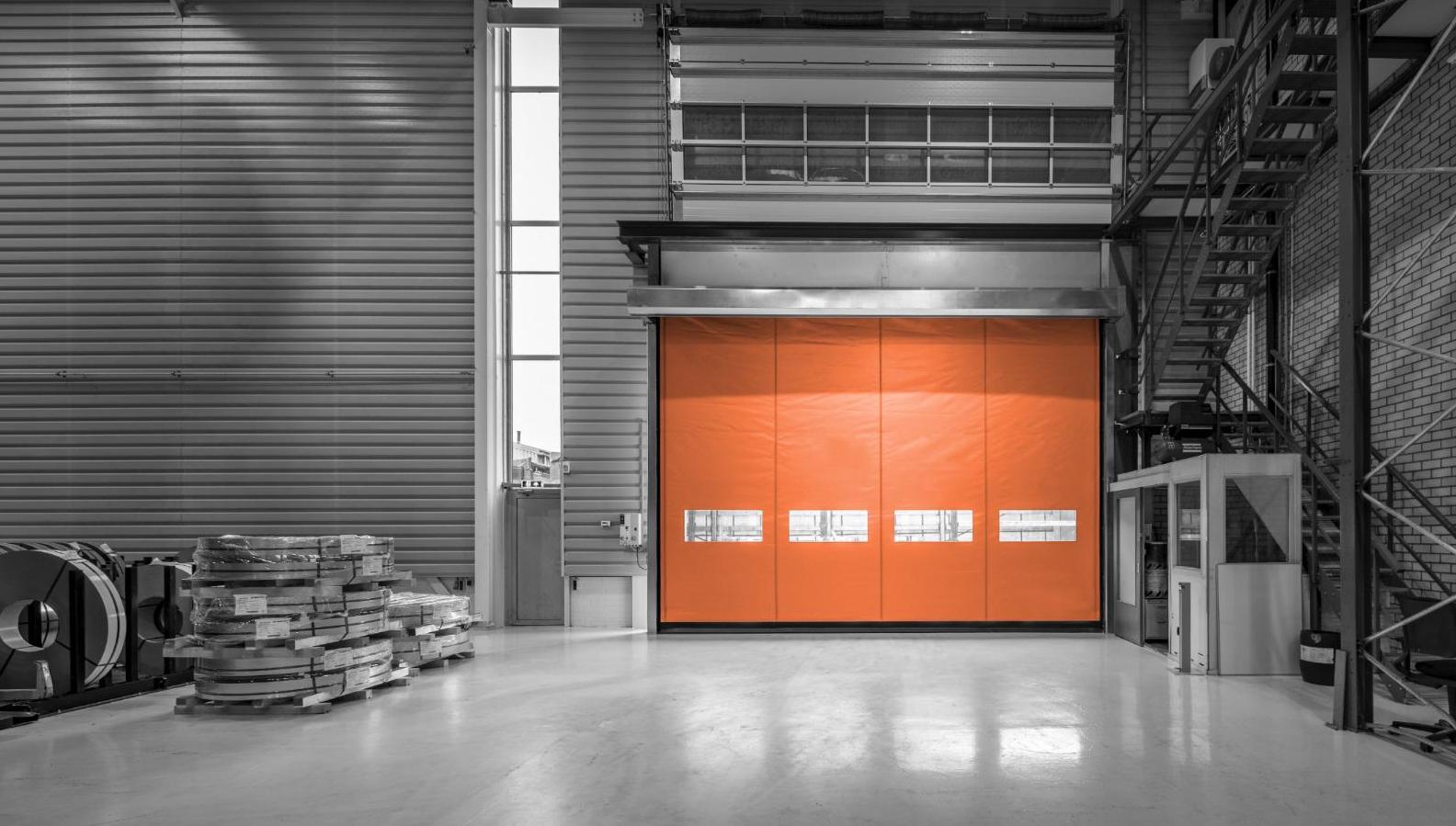
What is cold chain compliance in Australia?
Cold chain compliance refers to the process of maintaining a consistent temperature range throughout the supply chain to ensure the safety and quality of perishable products, predominantly food items. It’s paramount to ensure that the temperature hasn’t fluctuated beyond permissible limits, preserving product integrity from the producer to the consumer.
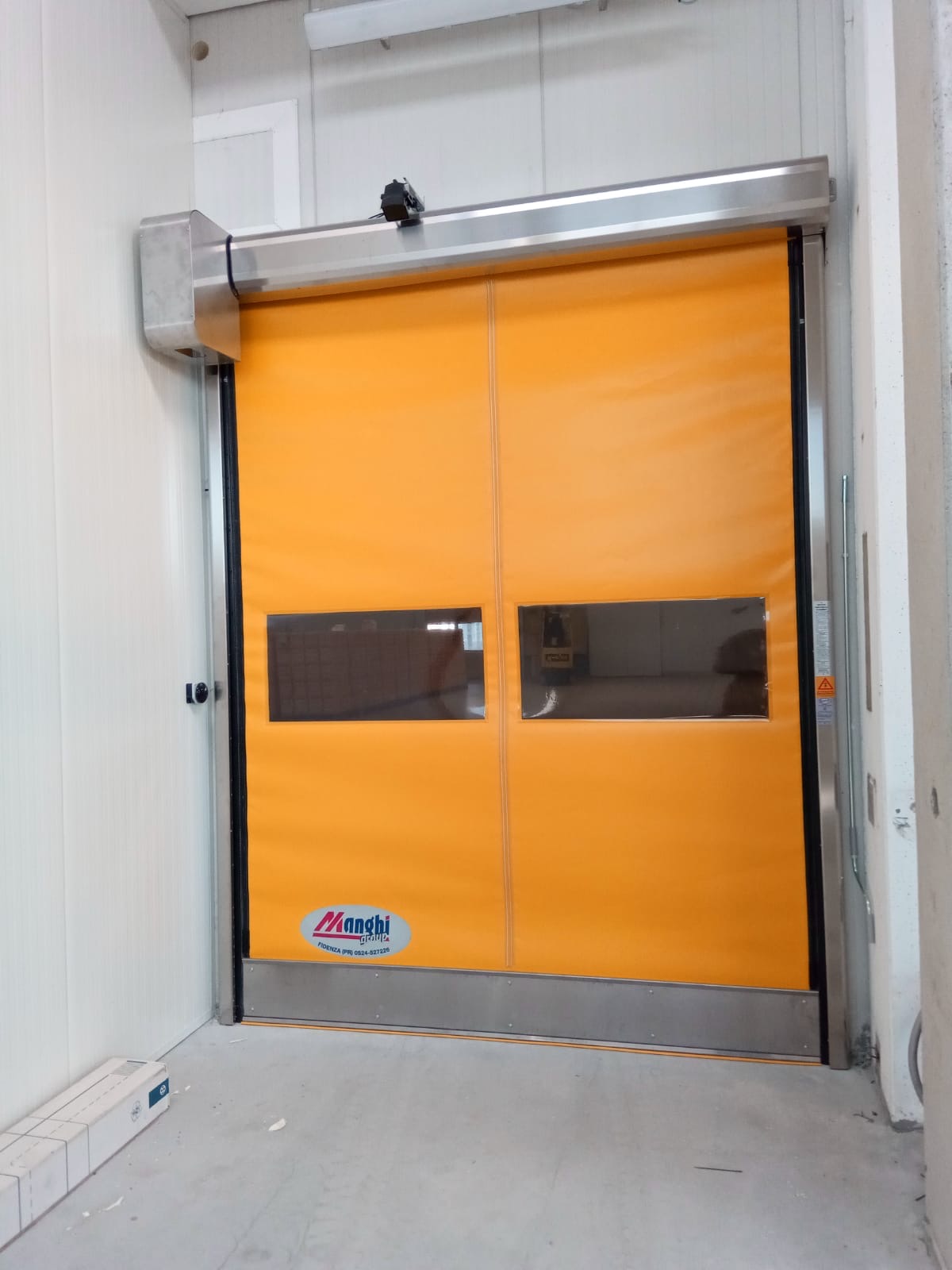
Why is cold chain compliance important in Australia?
Cold chain compliance holds the key to ensuring food safety and protecting consumers. In Australia’s diverse climatic zones, a proper cold chain is vital.
- Safety and Quality: Compromised temperature control can result in bacterial growth, potentially jeopardizing public health.
- Economic Impact: Goods affected by temperature breaches can result in significant losses for businesses.
- Environmental Concerns: Wastage due to improper cold chain management contributes to increased environmental degradation.
- Consumer Trust: Ensuring products are delivered fresh and safe builds trust and brand loyalty among consumers.
- Global Trade: Meeting international cold chain standards ensures Australian products are marketable abroad.
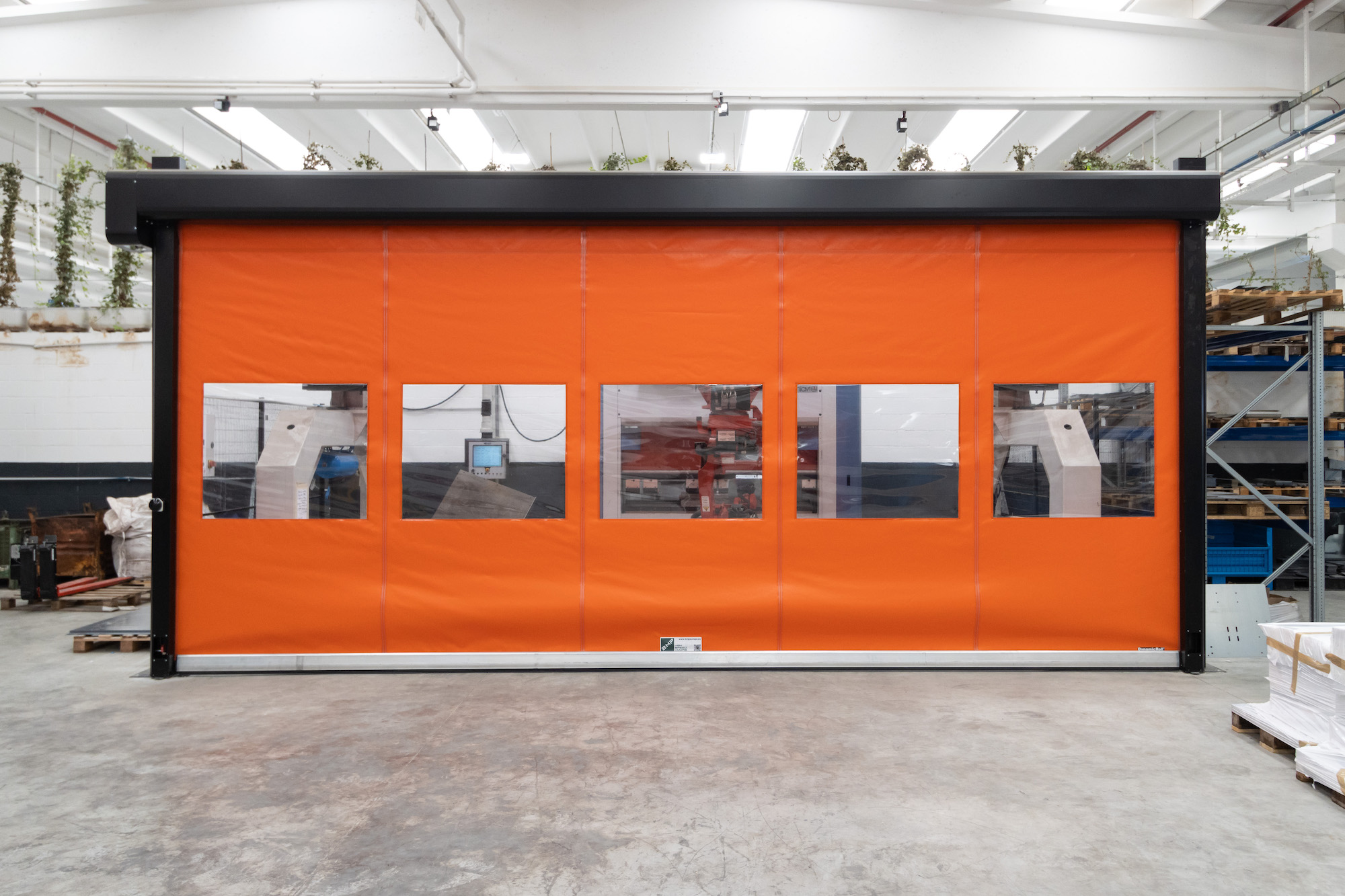
The Economic Impact of Cold Chain Compliance
In a rapidly globalizing world, Australia’s trade and commerce revolve significantly around perishables. A proper cold chain ensures that our agricultural and aquacultural products retain their freshness and quality. Any time the temperature fluctuated beyond the safe limits, the repercussions aren’t just health-related but have broader economic implications:
- Waste Reduction: A stable temperature range reduces the risk of perishables going to waste, leading to significant savings.
- Brand Reputation: Consistency in maintaining the right temperatures assures customers and partners of a brand’s commitment to food safety and quality.

Innovations in Temperature Monitoring
Temperature monitoring has come a long way from rudimentary methods to sophisticated systems:
- IoT-Based Monitoring: Devices send real-time data, ensuring that goods remain within the specified temperature range. Alerts are sent the moment there’s a potential breach, allowing for immediate action.
- Blockchain in Cold Chain: This technology creates an immutable ledger, documenting each step of a product’s journey, making it easier to trace any lapses in coldchain management.

How to achieve cold chain compliance in Australia
Achieving cold chain compliance revolves around stringent temperature monitoring.
- State or Territory Regulations: Abide by the specific requirements set by each state or territory.
- Invest in Technology: Utilize modern temperature monitoring devices to ensure goods remain within the specified temperature range.
- Training: Regularly train staff in cold chain management, emphasizing the dangers of temperature fluctuation.
- Backup Power Systems: Have standby generators to prevent power outages from compromising the cold chain.
- Transparency with Partners: Ensure all partners in the supply chain understand and adhere to cold chain requirements.
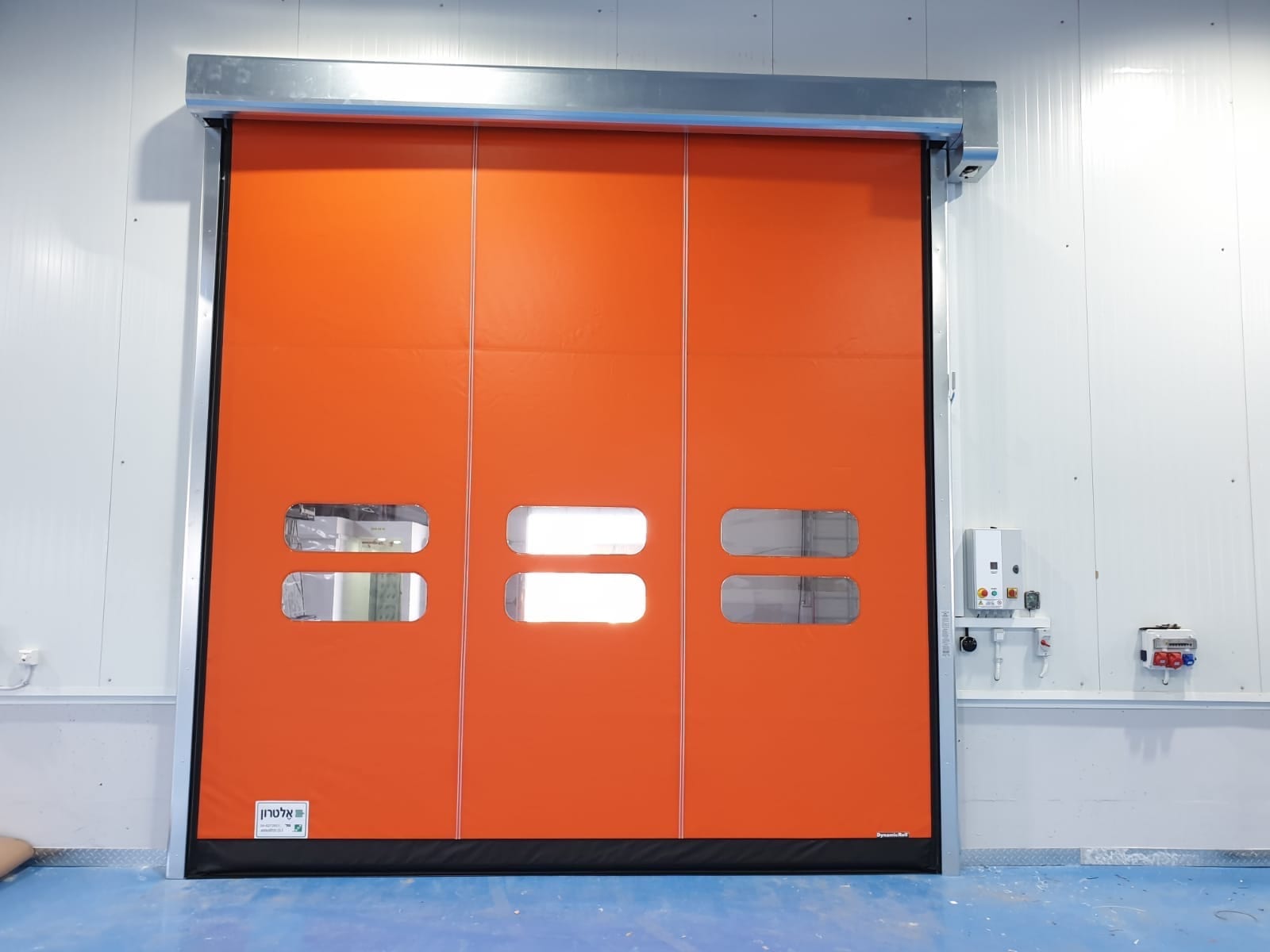
Cold Chain Compliance Across States
The dynamics of cold chain compliance can vary based on the state or territory. While national guidelines provide a framework, local nuances, due to climatic or logistical factors, play a pivotal role. For businesses operating across regions, understanding and adapting to these nuances becomes imperative.
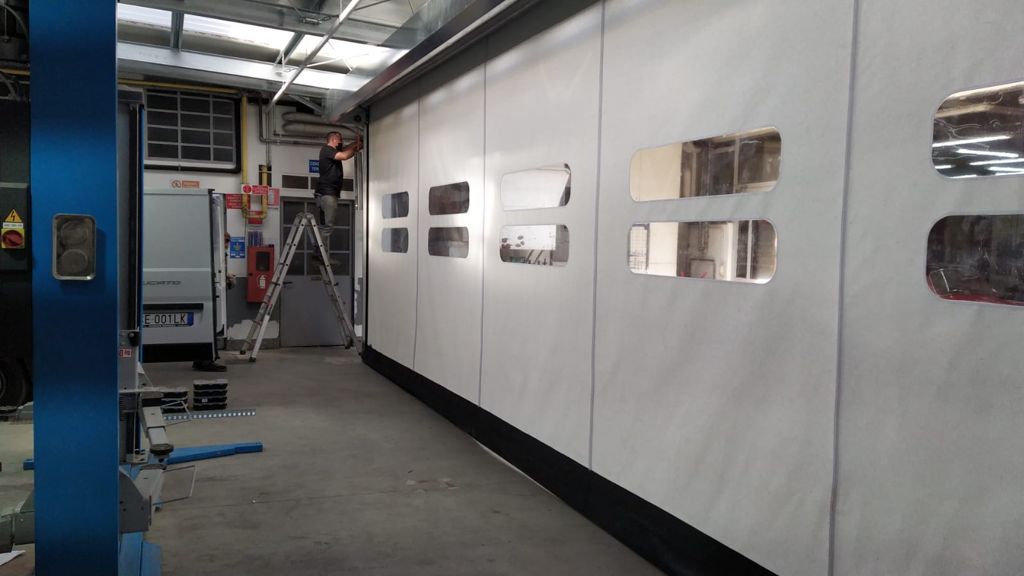
Cold chain compliance resources for Australia
Australian cold chain regulations
Every state or territory in Australia has its guidelines. However, at the national level, the Food Standards Australia New Zealand sets the primary regulations. These laws are designed to safeguard consumers by ensuring products remain uncontaminated throughout their journey.
Australian cold chain standards
Standards like the AS 5389-2019 provide a framework for a proper cold chain system. This standard serves as a guide for businesses to establish, implement, and maintain their cold storage.
Australian cold chain best practices
Beyond regular audits, advanced temperature monitoring tools, and consistent staff training, here are additional best practices to fortify your cold chain system:
- Calibration: Ensure all temperature monitoring equipment undergoes regular calibration to provide accurate readings and prevent instances where thetemperature fluctuated.
- Insulation: Opt for quality insulating materials to prevent external temperatures from impacting the internal temperature range of the storage units.
- Backup Systems: Establish backup cooling systems to kick in during power failures, ensuring the safety and quality of stored items remain uncompromised.
- Digital Integration: Adopt integrated digital platforms that provide real-time feedback on temperature variations, helping in proactive cold chain management.
- Stakeholder Communication: Foster regular communication with all stakeholders within the cold chain. This way, if any segment of the chain detects an issue, immediate rectification measures can be taken.
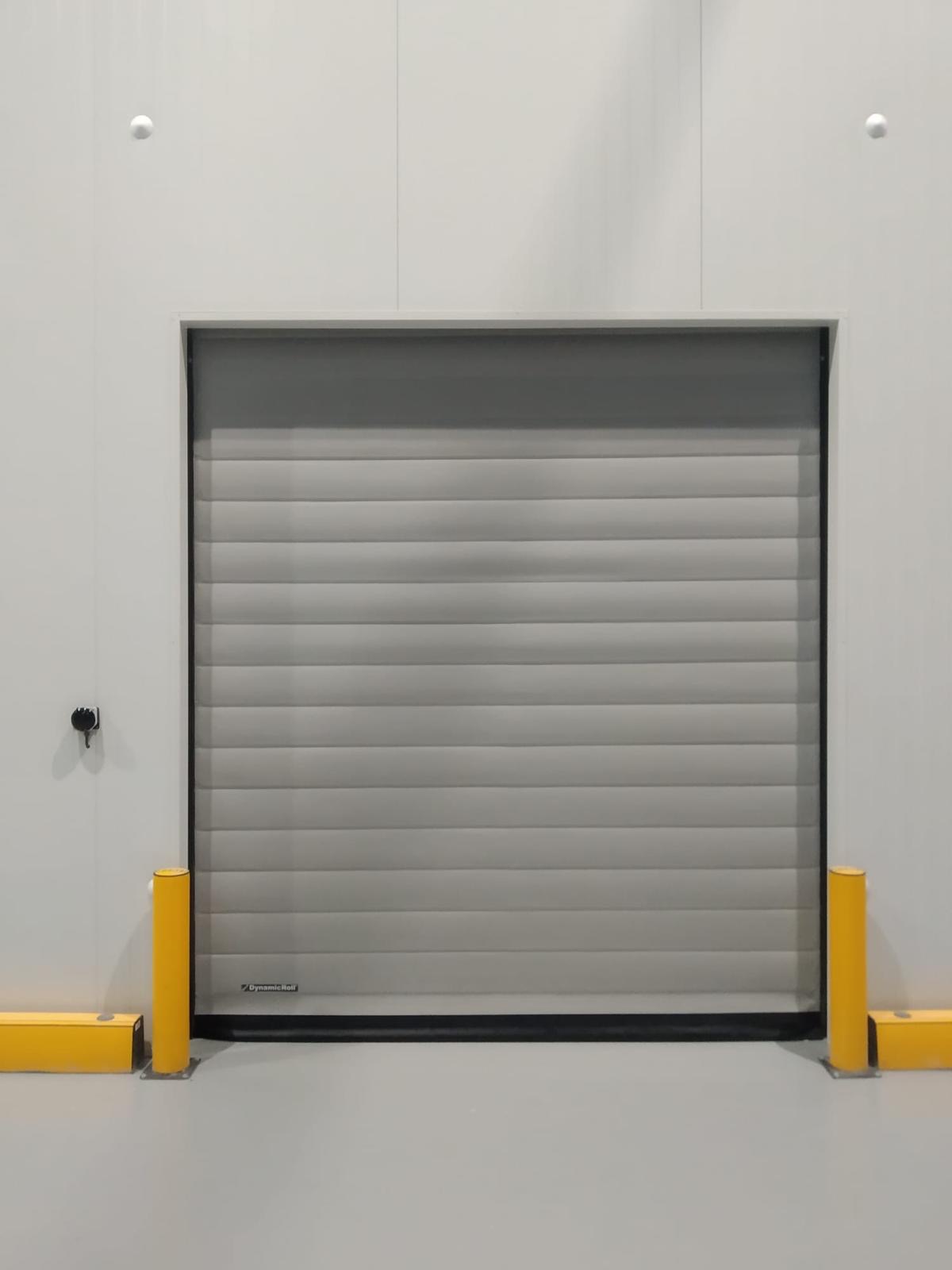
Common cold chain compliance challenges
Despite the stringent measures, several challenges persist:
- Geographic Diversity: Australia’s vast and varied landscape can make transport logistically challenging.
- Technology Failures: Equipment malfunction can lead to temperature fluctuation, compromising product safety.
- Human Error: Inadequate training or oversight can result in protocol breaches.
- Cost Implications: Maintaining state-of-the-art systems can be financially challenging for smaller enterprises.
- Regulatory Updates: Keeping abreast of ever-evolving regulations across different states or territories.

How to avoid cold chain breaches
Maintaining a robust cold chain management system is the first step.
- Routine Maintenance: Ensure equipment is routinely checked and maintained.
- Emergency Protocols: Have protocols in place for power outages or system failures.
- Employee Training: Ensure all involved understand their role in preventing breaches.
- Supplier Vetting: Partner with suppliers who prioritize cold chain compliance.
- Real-time Alerts: Use systems that notify relevant personnel the moment any temperature fluctuated beyond set limits.
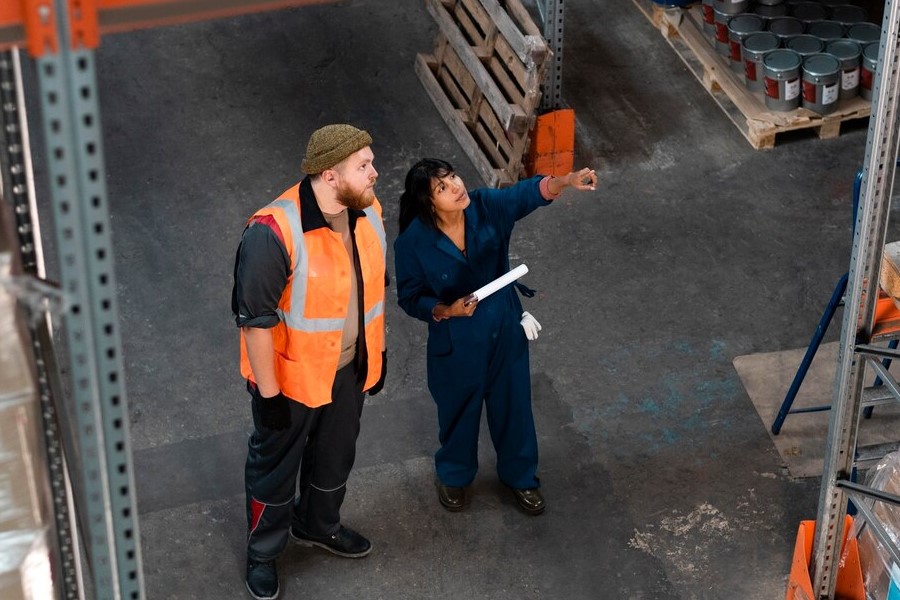
How to report a cold chain breach
Beyond documenting everything and informing authorities, here’s an extended protocol:
- Quarantine Affected Goods: Immediately segregate the items that were subjected to a breach. This ensures that compromised products do not mix with unaffected ones.
- Immediate Notification: Notify your state or territory’s respective food safety regulator and any partners in your supply chain. Swift communication can help mitigate further risks.
- Seek Expert Consultation: Before taking any corrective measures, consult with cold chain experts to ensure you’re adopting the right approach and to understand if the temperature fluctuated considerably.
- Analysis: Collaborate with your team to identify the root cause of the breach. This can offer insights into system vulnerabilities.
- Educate & Reiterate: Use the breach as a learning experience. Conduct refresher training for staff emphasizing food safety, reminding them of the significance of their roles in the bigger picture of cold chain management.
- Review & Upgrade: Periodically review your protocols and upgrade technology or practices if necessary. Constant evolution based on experience fortifies your cold chain system against future breaches.
- Public Communication (If Necessary): If the breach impacts public health, communicate transparently about the steps taken to rectify the situation. Trust and honesty with consumers are paramount for long-term brand trust.
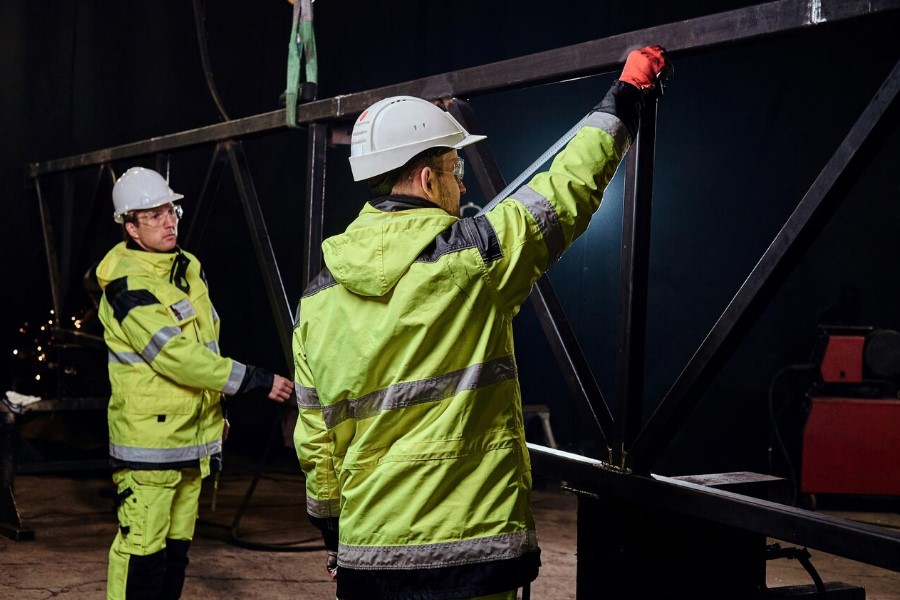
Cold Chain Management: Beyond Food
While food items are the most talked about, other industries like pharmaceuticals, chemicals, and even some electronics, rely heavily on a proper cold chain system. Vaccines, for instance, need to be kept within a specific temperature range to retain their efficacy.

Community’s Role in Cold Chain Compliance
The community plays an essential part in ensuring cold chain compliance:
- Consumer Awareness: An informed consumer can discern when a temperature fluctuated and can report it, ensuring businesses remain compliant.
- Community-Based Monitoring: Local communities can aid in oversight, ensuring that cold chain logistics in their vicinity adhere to standards.

Engage With Us
At Hold Fast Industries, our proficiency extends beyond just providing solutions. Our decade-long experience, coupled with our commitment to a client-first approach, ensures you’re not just receiving a product, but an experience. If cold chain compliance concerns you, explore our premium Italian-made products designed for optimal performance. We encourage our readers to get in touch for more information. Your success in cold chain management is a testament to our dedication.
Explore Our Premium Products!
Contact Us
Need help from our specialists?
Let’s discuss the best solution for you. Use the form below or don’t hesitate to give us a call on 1800 453 378.